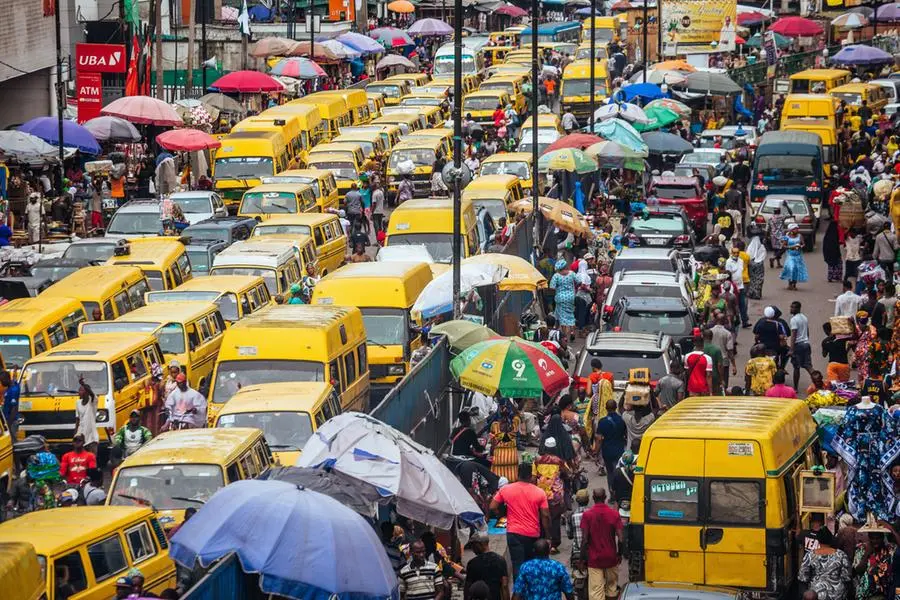PHOTO
Earlier this year, I undertook a journey to Ilorin, Kwara State, which exposed me to the harsh realities of Nigeria’s transportation system. This trip highlighted the urgent need for reform in our transportation sector, which remains in a state of severe disrepair and corruption.
As a student of Westland Polytechnic in Ilobu, Osun State, I have experienced the challenges of Nigerian roads firsthand, but this journey emphasized just how critical these issues are. The roads are poorly maintained, and the buses are severely overcrowded. Passengers are often squeezed into seats meant for fewer people and the vehicles themselves are frequently in disrepair.
As an ordinary citizen, I am experiencing and speaking out about one of the daily pains and challenges faced by the people. Passengers are packed into these buses like sardines, crammed without sufficient space or seats. By the time passengers get out, they are left with body cramps and pains from struggling to sit in such uncomfortable conditions. Even worse, many drivers accept deliveries during trips, and these goods—sometimes include animals like chickens, dogs, and goats—take up additional space meant for passengers. The presence of animals not only makes the journey uncomfortable but also unhygienic, as they often create a mess inside the buses, leaving passengers to deal with unpleasant odors and unsanitary conditions.
Furthermore, some drivers make phone calls while on the wheel, coordinating these deliveries while on the road, which compromises the safety of everyone on board. Instead of enforcing regulations to prevent overloading and distracted driving, law enforcement agencies often overlook these dangerous practices in favour of harassing from drivers at every stop. If the government and the Federal Road Safety Commission focus on preventing these unsafe behaviours rather than perpetuating corruption, our roads would be much safer.
The situation is compounded by widespread corruption. Drivers are forced to pay bribes to various law enforcement agencies. These agencies impose multiple layers of extortion at every stop, significantly increasing the cost of transportation. The constant financial burden placed on drivers is then passed on to passengers, who are left paying inflated fares for inadequate conditions.
The lack of attention to road transport and its associated issues reflects a disconnect from the realities faced by ordinary citizens.
Similarly, the leadership of the National Union of Road Transport Workers (NURTW) must address the severe congestion and safety issues within local transport agencies.
If the Ministry of Transportation can look into these issues, it would be a significant development for our country, allowing us to stand out on the continent. It is also imperative for law enforcement agencies to shift their focus from extortion to ensuring road safety. If the Police, Federal Road Safety Commission, and other relevant bodies concentrate on securing and maintaining the roads, we could see a reduction in road crime and accidents. Ensuring that vehicles are properly inspected and that drivers comply with regulations without the influence of corruption would improve safety.
In conclusion, the Nigerian transportation sector urgently requires comprehensive reform. It is crucial for the government, transportation authorities, and law enforcement agencies to collaborate in addressing the pressing issues of road safety, vehicle maintenance and corruption. Only through such coordinated efforts can we hope to achieve a transportation system that is safe, and efficient, for all Nigerians.
Copyright © 2022 Nigerian Tribune Provided by SyndiGate Media Inc. (Syndigate.info).





















